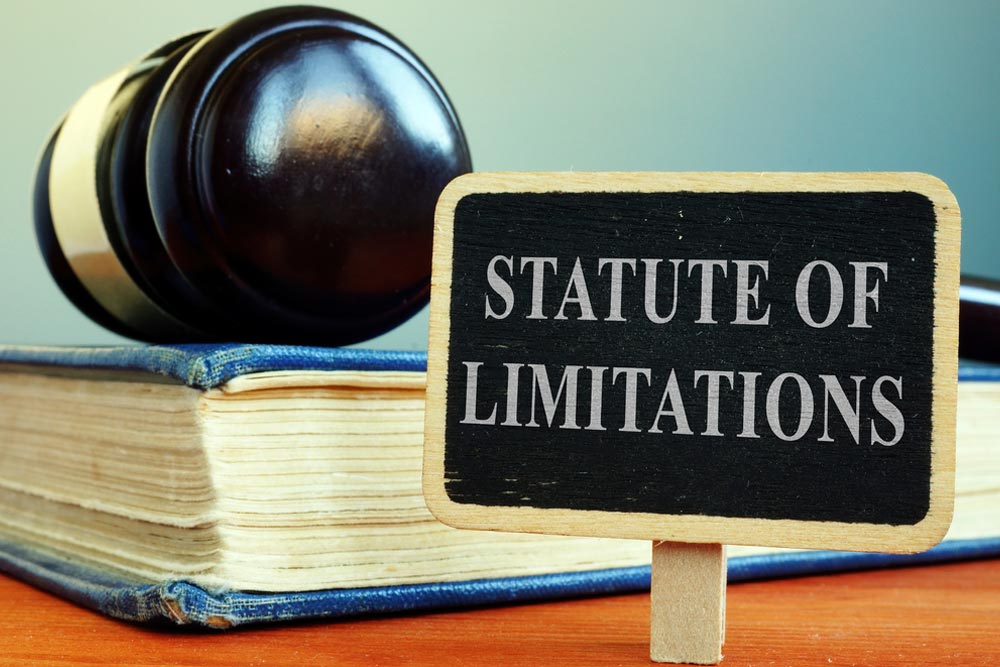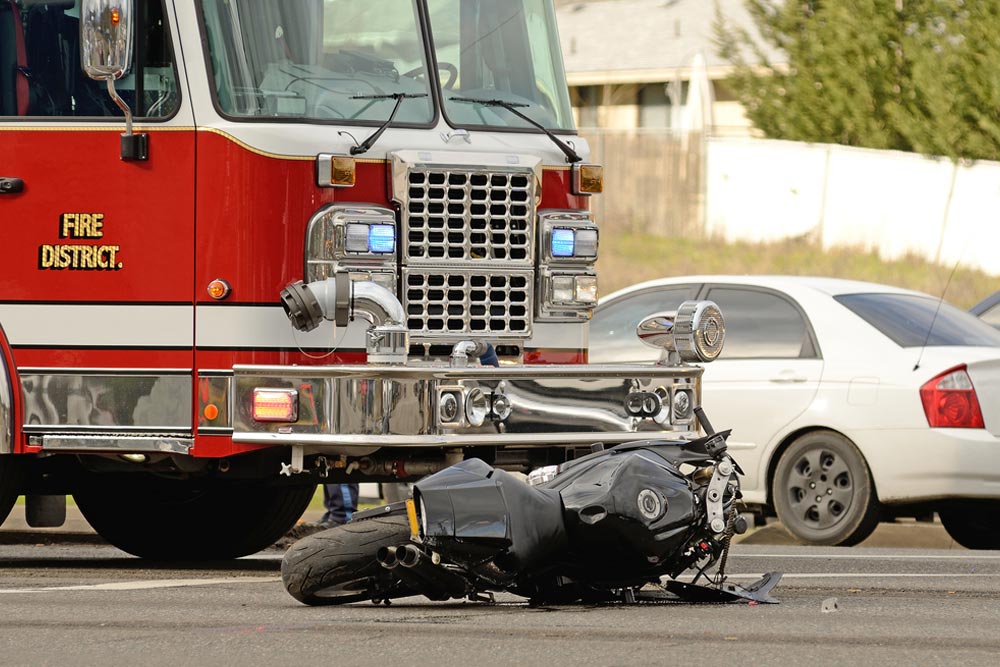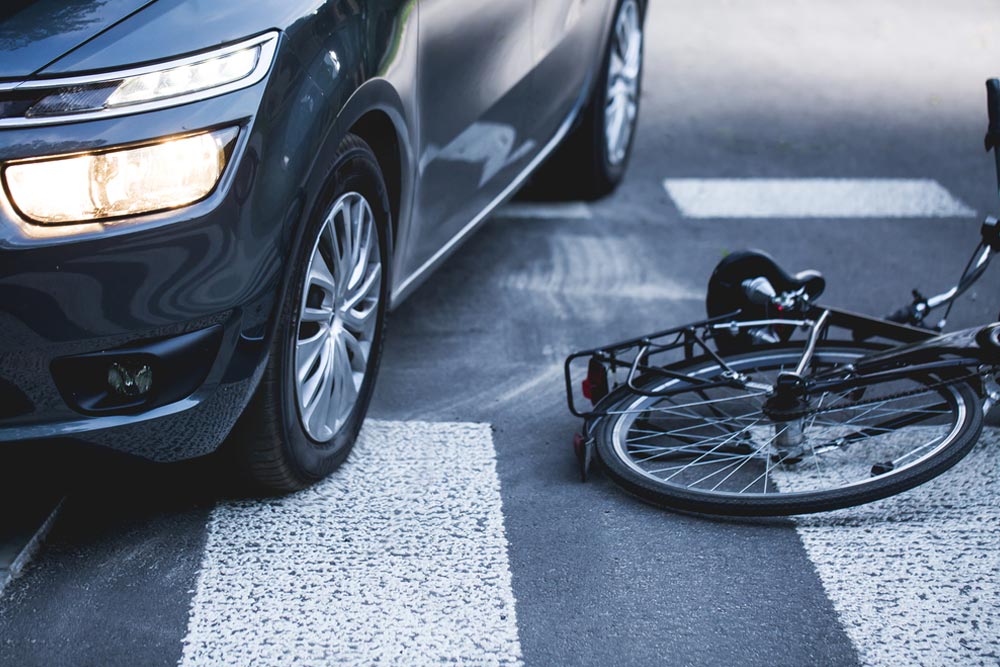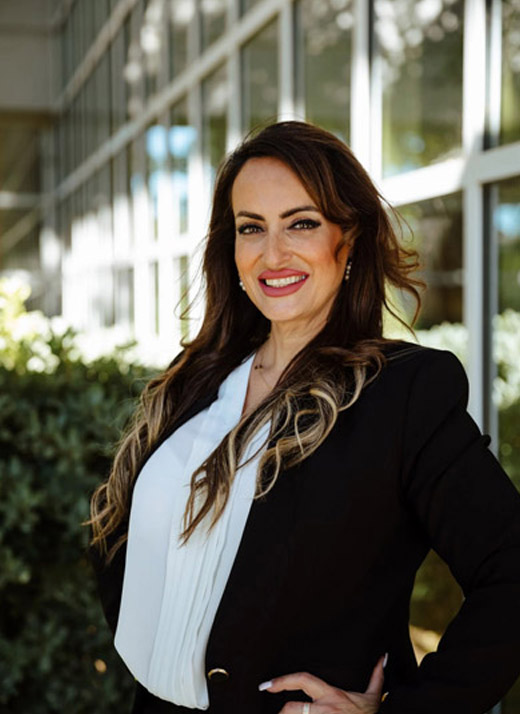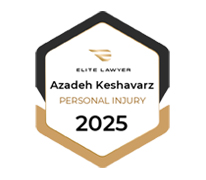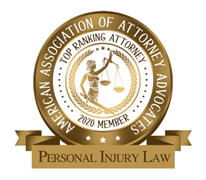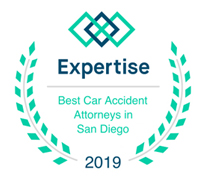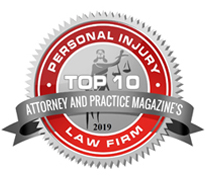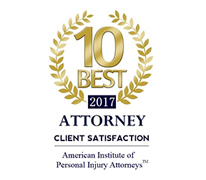Understanding the Statute of Limitations for Accident Claims in California
Time Is Not on Your Side After an Accident After a car accident, your world can be turned upside down in an instant. Medical bills pile up. Work becomes impossible. Insurance companies start calling. In the middle of all this, there’s one silent threat that many victims overlook until it’s too late: the statute of limitations. In California, the law gives accident victims a specific timeframe to file a claim or lawsuit. Miss this window, and your right to compensation could disappear—regardless of how strong your case is or how serious your injuries are. At AK Injury Law Firm, we’ve seen too many deserving people lose their chance at justice simply because they didn’t understand the clock was ticking. That’s why we take a smart, strategic approach to every case—because timing isn’t just important in the law; it can define the entire outcome. Led by Dr. Azadeh Keshavarz, a former chiropractor turned personal injury attorney, our firm combines legal expertise with medical insight to build high-impact cases. We don’t just fight. We outthink, outfight, and outwin. What Is the Statute of Limitations? The statute of limitations is a legal time limit that sets how long you have to file a lawsuit after an accident or injury. It’s designed to ensure cases are brought while evidence is fresh and before memories fade. In the context of personal injury law, this deadline is one of the most critical aspects of your claim. No matter how obvious the other party’s negligence may be, if you file after the deadline, the court will almost always dismiss your case. California’s Statute of Limitations for Car Accident Injuries In California, the standard statute of limitations for a personal injury claim resulting from a car accident is: Two years from the date of the injury or accident. This applies whether you were: A driver A passenger A pedestrian A cyclist If you were hurt because of someone else’s negligence, the law gives you two years to act. Property Damage Claims Have a Different Deadline If your vehicle or other property was damaged in the accident but you were not injured, you still have legal rights—but the timeline is slightly different: Three years from the date of the accident to file a property damage claim. So if your car was totaled but you weren’t physically hurt, you may still have more time—but don’t wait. Delays can weaken your negotiating position, especially with insurance companies. Special Cases with Shorter Deadlines: Claims Against the Government If your accident involved a government entity—such as a city bus, a public school vehicle, or a dangerous road condition maintained by the city—the timeline changes drastically. You must: File an administrative claim with the appropriate government agency within six months of the accident. If the government denies your claim, you then have only six months from the date of rejection to file a lawsuit in civil court. This process is complicated and filled with red tape. Missing a single step or deadline can destroy your claim. That’s why it’s essential to involve a knowledgeable attorney as early as possible. What Happens If You Miss the Deadline? If you try to file a lawsuit after the statute of limitations has expired, the defendant (usually the at-fault driver or their insurance company) will immediately ask the court to dismiss your case—and the court will grant that request. It doesn’t matter: How clear the other driver’s fault is How severe your injuries are How much evidence you have Your claim will be barred, and you’ll lose the chance to receive any compensation. This is why we urge all accident victims to speak with an attorney early—even if you’re still recovering. Your legal team can preserve evidence, begin negotiations, and ensure every deadline is met. Tolling: When the Clock Pauses In rare circumstances, California law allows the statute of limitations to be “tolled,” or paused. These exceptions are narrow, but they do exist. Common examples include: The victim is a minor. If the injured person is under 18, the statute usually doesn’t begin until their 18th birthday. The defendant leaves the state. If the at-fault party cannot be served with a lawsuit because they’ve moved out of state, the time may be paused. The victim is mentally incapacitated. If the injured party was not legally competent after the accident due to injury or mental illness, the timeline may be extended. However, these situations are complex and often contested by the insurance companies. If you believe your case may fall under one of these exceptions, don’t try to navigate it alone—get legal help immediately. How Insurance Companies Use Time Against You One of the biggest tactics used by insurance companies is delay. They may: Stall negotiations Claim to be “waiting on paperwork” Make lowball offers to tempt you into settling quickly Why? Because they know the longer they drag things out, the more desperate you may become—and the closer you get to the expiration of your legal rights. Once your statute of limitations runs out, they know you can’t sue. That gives them all the leverage. At AK Injury Law Firm, we never let the clock control our cases—we control the clock. We use every minute strategically to build leverage, apply pressure, and maximize your recovery. Why Quick Action Matters—Even Within the Time Limit Just because you technically have two years doesn’t mean you should wait. Here’s why acting early is smart: Evidence fades. Skid marks disappear. Surveillance footage gets erased. Witnesses forget details. Medical documentation builds value. The sooner you start treatment, the stronger your case becomes. Strong cases settle faster. The more time you give your attorney, the better your outcome—whether in settlement or trial. Insurance companies don’t wait to start working against you. Don’t give them a head start. Dr. Azadeh Keshavarz: Strategic Legal Action from Day One At AK Injury Law Firm, we take pride in being strategic, proactive, and focused on winning smart. Our founder, Dr. Azadeh Keshavarz, spent years treating accident victims

